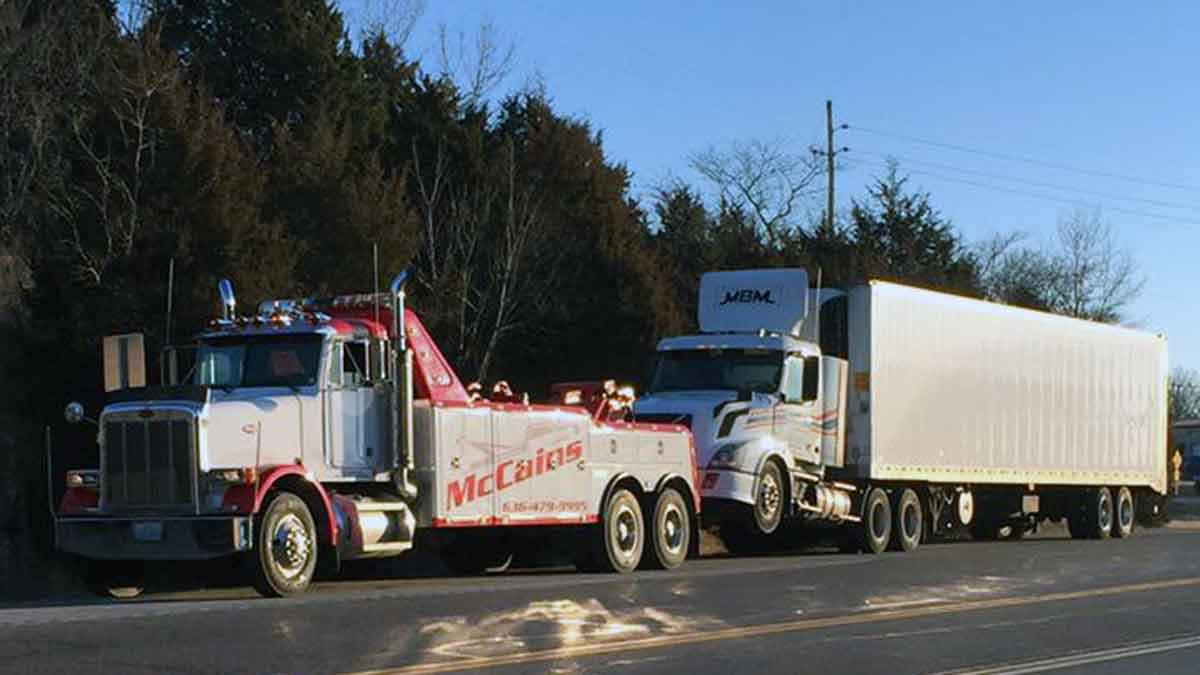If you suffer work-related injuries, there are several workers’ compensation laws that allowyou to take action against your employer. The question of whether the injury or illness is work-related is one of the most common disagreements between employees and employers/insurers.
In order for an injury to be recoverable, the following elements must be met:
- You must be an employee
- You must work for an eligible employer
- You must have experienced an accidental injury or occupational disease; and
- Your injury or disease must have been work-related.
Work-related injuries
In order for an injury to be covered under workers’ compensation, it must arise out of and in the course of employment, usually during the time being of it and in the environment of the employment place. This usually means that the employee is injured at work, but that is not always the case. Sometimes an injury can be work-related even if it did not physically occur or was done in the workplace, as per lawyers at EIDabe Ritters Trial Lawyers. In other instances, the injury may occur at the said place, but it was not work-related. An example of this would be if two employees engaged in a fight at the work site and were injured, so here the blame cannot be on the company.

Under the Coming and Going Rule, injuries sustained on the way to and from work are generally not covered for any employee. This is because going to and from work is usually the employee’s responsibility and does not serve a work purpose for the employer, so it cannot affect the employer. The situation may be different, however, if the employee was required to bring his car to work and have it available during the workday or work purpose.
Under the Dual Purpose Doctrine, is an employee is injured while doing something for the benefit of the employer that is also a benefit to the employee, the injury is usually compensable. So for example, if an employee is on a trip that serves both business and personal purposes, and the employer’s mission is the main factor in the trip. An example of this would be if an employee was headed to inspect a job site, but made a brief stop on the way to drop his wife off at work. The main purpose of his trip was to travel to a job site and he suffering injuries can affect the company.
Off-duty and Horseplay injuries
Usually, off-duty injuries are less likely to be work-related. However, an injury that occurs during a short break or whiles an employee is traveling for work may be considered work-related. Courts have found that most of an employee’s activities while on a work trip are considered work-related. This includes things like an employee having his dinner in a hotel lobby.
In addition, injuries that occur during horseplay at work may not be covered. This is especially true for the employee who initiated the horseplay. If the worker is an innocent person injured by the activities of others, the injury may be compensable.



